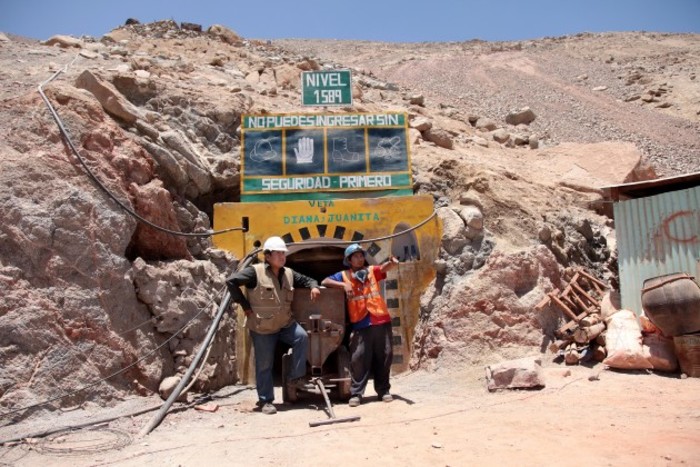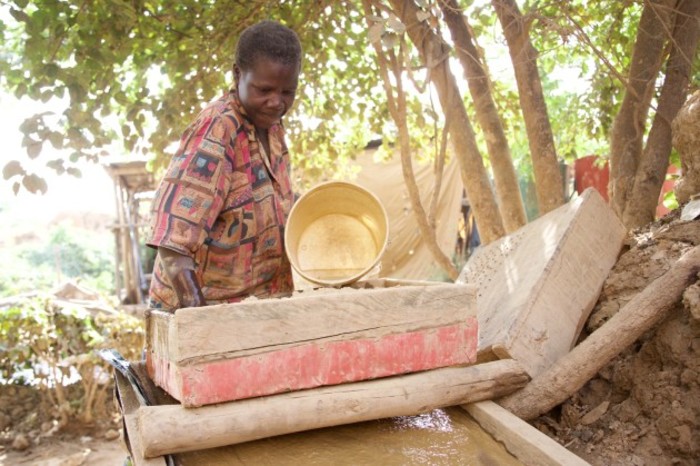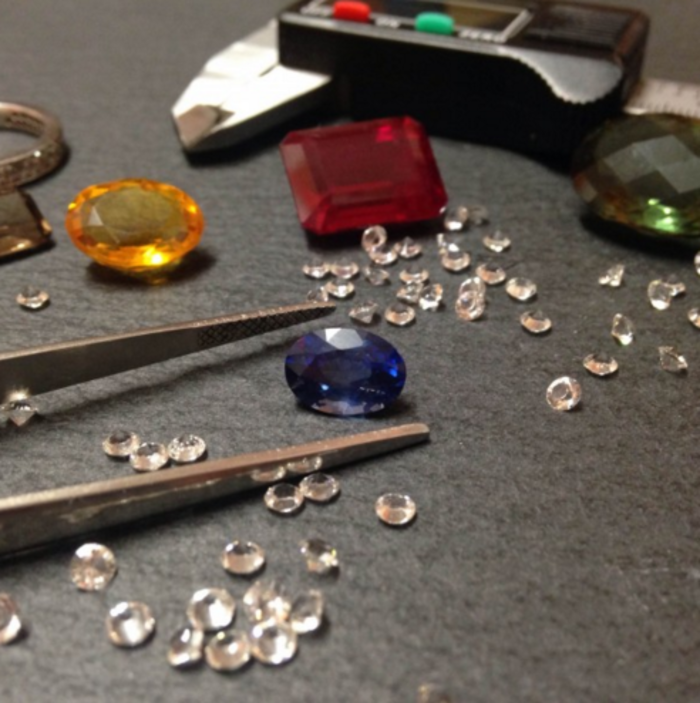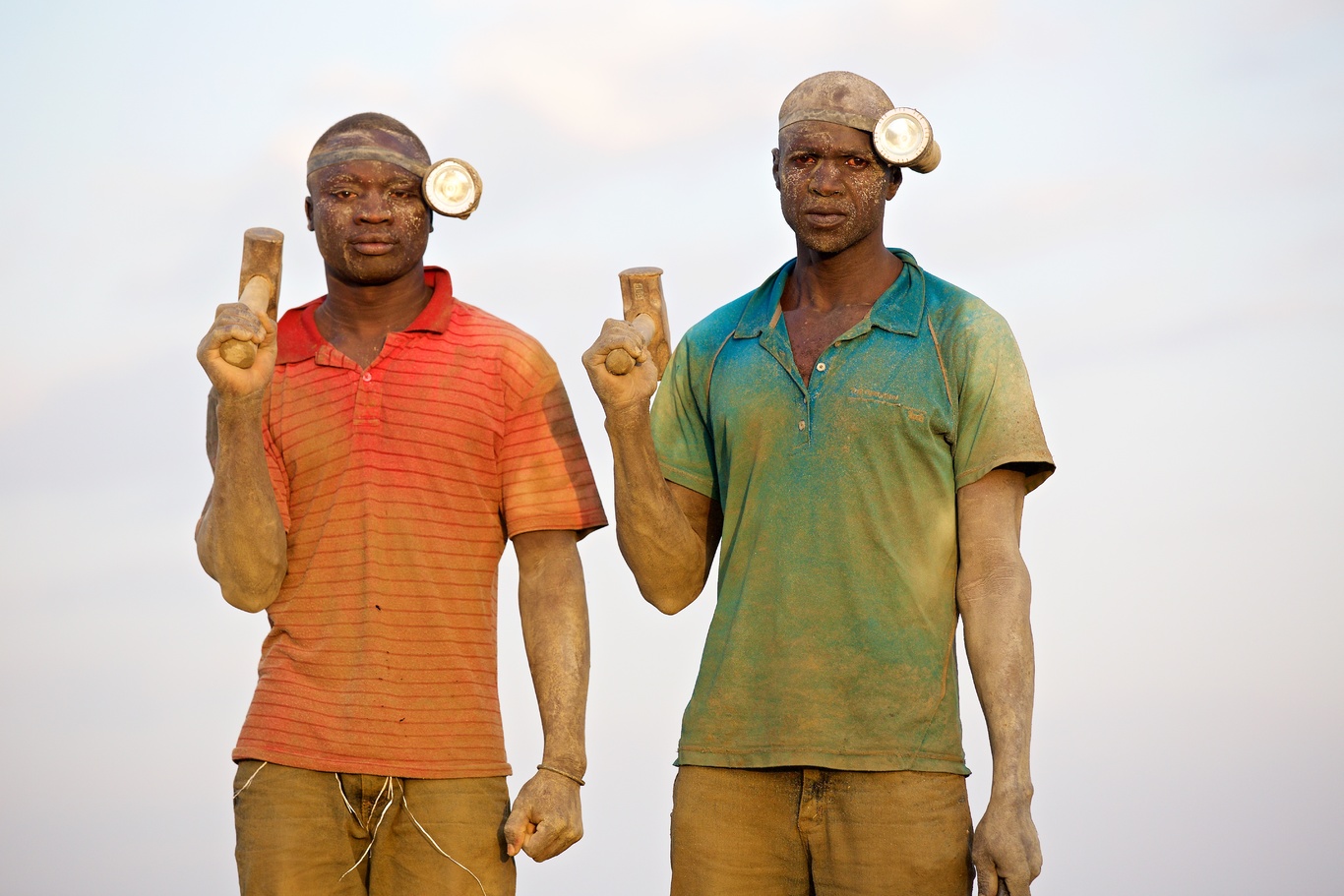The price of being a jeweller with a social conscience
Becoming fair trade compliant can bring the feel-good factor – but how does it affect business?
RUNNING A SUCCESSFUL business with a social conscience is not always an easy balance to strike.
Sometimes what seem like the most cost-effective methods can have repercussions for others further down the production chain.
Jeweller Michael Wall earlier this year became the first bespoke outlet in Cork to take on the Fairtrade stamp of approval – a guarantee that reasonable pay standards are kept, all the way down to the workers producing the raw materials.
For jewellery to be consider fair trade, every aspect of a piece created, including solder materials and finishings, has to be sourced from fair trade-compliant stockists.
Wall said being a fair trade jeweller is a more expensive way to go about business – but the customer won’t necessarily feel the effect in their back pocket.
“The cost of materials is a basic part. The cost of design and labour, along with diamond mounting and engraving can far outweigh the cost of materials (on the fair trade market),” he said.
“The varying prices of bullion, diamonds and gems are something I’m conscious of, but the percentage increase will be absorbed into the final piece.”

Gold and precious metals mining is an industry riddled with human rights violations and exploitation. A small-scale operation in a third world region can receive as little as 70% of the true market price for its haul.
To address the poor treatment of miners around the world, jewellers are encouraged by fair trade organisations to source materials from fair trade-registered suppliers.
Transition to fair trade
As part of the fair trade practice, the price given to the miner is 95% of the London bullion price, while a further $2,000 (€1,800) per kg is pumped back into to the community development of the mining area.
Wall said getting that stamp of approval from Fairtrade Ireland was “difficult” and the process is quite “strict”.
Purchasing materials needed for the bespoke process, for example, is difficult in the Republic. Since there is no fair trade wholesaler, Wall said he has to go abroad to source the components he needs.

Customers’ opinion
However all the effort to become fair trade compliant could be for nothing if customers aren’t interested in the positive aspects of buying the jewellery.
Wall said he is under no illusions about the main factors influencing customers’ purchasing habits.
He said customers will predominantly have price on their minds when looking for the perfect ring and fair trade is unlikely to be a factor affecting their choice.

As a bespoke jeweller, he said he can hopefully get around that customer mindset by creating the ideal piece of jewellery they are looking for.
“If they are just driven by the fact that this is the perfect ring well then so be it, but the person who sits down with me while we physically work on a piece – I know they have an interest.”
Wall said, in his personal opinion, it does feel rewarding to know his business is making a difference.
“When I go back and I read where the gold comes from and I look at the names of the mines and the people that actually work there, there is a feel-good factor.
“It’s the fact that you know consciously you are making a little bit of a difference.”





